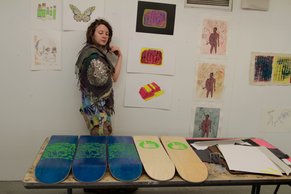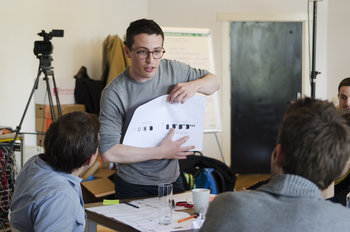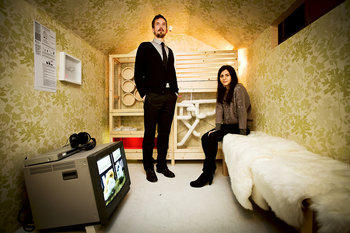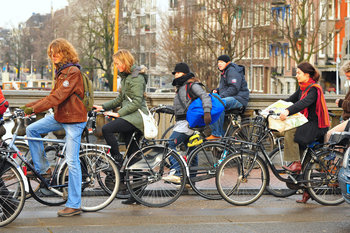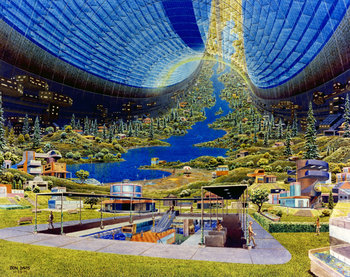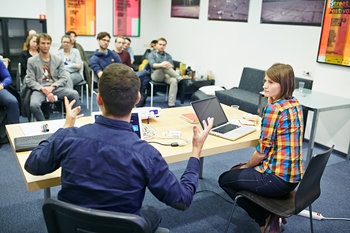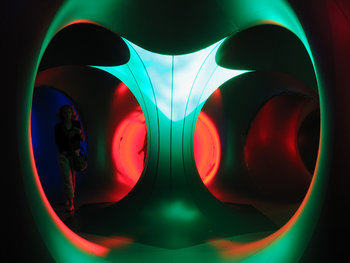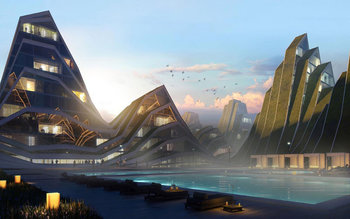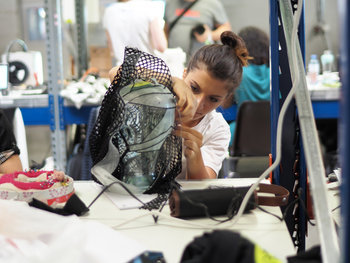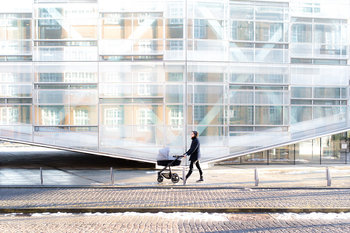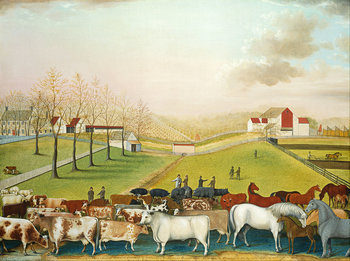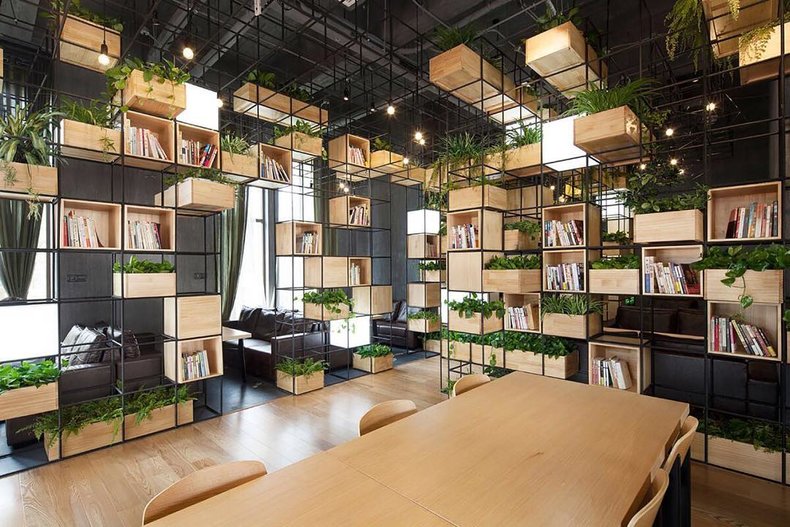
Functionality
Modules that can be swapped to provide different types of functionality such as the lens on a camera.Constraints
Modules that allow a product to fit into a set of constraints such as modular furniture designed to fit in almost any shape and size of space.Creativity
Products that are meant to support creative processes such as play blocks.Platforms
Allowing third parties to extend your products such as a game system that is open to game developers with interfaces such as game cartridges.Culture
Allowing customers to participate in the product to build a rich brand culture. For example, a game that allows users to develop mods.Customization
Modules that allow customers to create unique versions of a product. For example, modularization is a common way to implement mass customization whereby customers can use design tools to order a unique product.Upgrades
Modules that can be upgraded over time such that customers need not replace their entire device.Performance
Modules that incrementally improve performance such as a computer that gets faster as you plug in more processors.Robotics
Modules for constructing robots or modular swarm robots that self-organize to complete tasks.Reuse
Modules that allow for reuse such as data storage that can be swapped from your old mobile device into a new one.Maintenance
The ability to upgrade old modules that are beyond their lifespan. For example, replacing a battery on a mobile device to restore it to its original power performance.Repair
Modules that allow customers or a field technician to swap out broken components to repair a product or system. For example, a field technician who can replace a broken solar module.Design for Logistics
Modules that are designed to improve the efficiency of inventory storage and shipping such as furniture that is assembled by the customer that fits into an efficient size of rectangular box.Resilience
Modular design allows for resilience whereby a module can go down and other modules continue to operate normally. As a theoretical example, an electric car could have a large number of independent power units. If one goes down, the others continue to operate normally.| Overview: Modular Products | ||
Type | ||
Definition | Products composed of interchangeable components. | |
Related Concepts | ||


